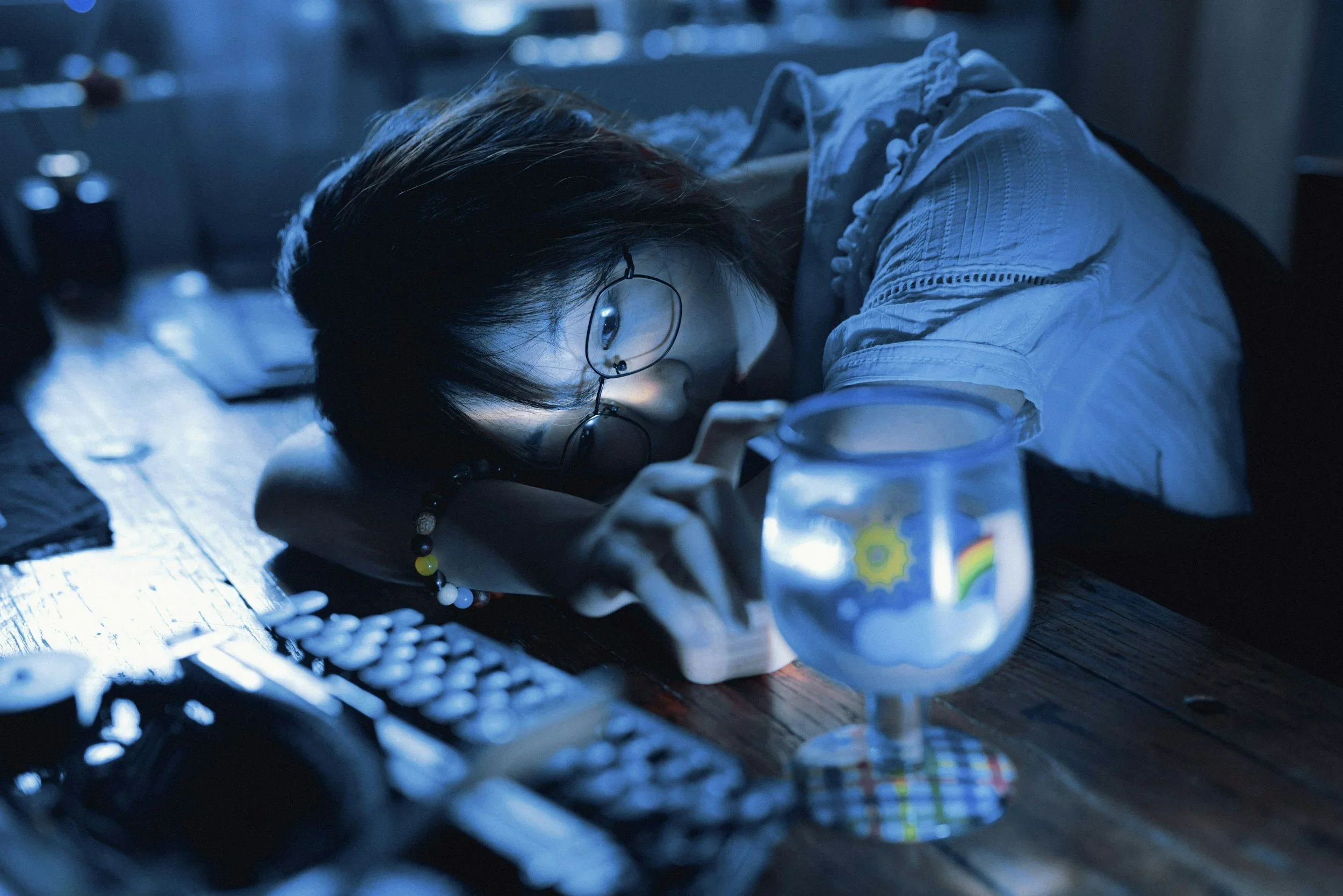How to Protect Your Mental Health in a HyperOnline World
In today’s fastpaced, techdriven world, we are more connected than ever before. Social media apps ping us around the clock, emails never stop, and the pressure to stay updated is real. While the digital age has opened up incredible possibilities for learning, connection, and creativity, it also presents a unique set of challenges especially for our mental health.
The more time we spend online, the harder it becomes to draw boundaries between real life and the digital sphere. If you’ve ever felt drained after doomscrolling, anxious after comparing your life to Instagram influencers, or simply burned out from endless Zoom meetings, you’re not alone. In fact, studies show that excessive digital engagement can significantly impact emotional wellbeing.
The good news? There are effective, actionable ways to protect your mental health even in a hyperonline world.
Whether you're a remote worker, a student, or just someone who finds themselves online more often than not, this guide is here to help you find balance. And yes, even small offline rituals like deciding to print posters online with motivational quotes or calming artwork for your room can contribute to better mental clarity.
Understanding the Impact of Digital Overload
Before diving into solutions, it’s important to understand what exactly is going on in our brains and bodies when we live in a digital first world.
Constant Stimulation
The internet is built to keep us engaged. Algorithms deliver content that’s personalized, fast-paced, and addictive. Every scroll releases a small hit of dopamine, a feelgood brain chemical. But just like sugar, too much dopamine from quick hits can lead to fatigue, distraction, and even depression.
Digital Comparison
Platforms like Instagram and TikTok can amplify feelings of inadequacy. We’re constantly exposed to highlight reels of others’ lives, often forgetting that what we’re seeing isn’t the whole picture. Over time, this can erode self-esteem and breed anxiety.
Information Overload
There’s no shortage of information online but that doesn’t mean it’s always helpful. The constant stream of news, notifications, and opinions can leave our brains overwhelmed, leading to stress and decision fatigue.
Signs Your Digital Life May Be Harming Your Mental Health
If you're unsure whether your screen habits are affecting your wellbeing, here are some red flags to watch for:
Feeling anxious or low after using social media
Difficulty sleeping, especially after late night scrolling
Losing track of time online
Trouble focusing or completing tasks
Comparing yourself negatively to others
Feeling overwhelmed by constant notifications
Recognizing these signs is the first step toward making positive changes.
Actionable Tips to Safeguard Your Mental Health Online
1. Set Tech Boundaries and Stick to Them
Establish clear rules for when and how you use your devices:
Designate techfree zones: Bedrooms and dinner tables should be sacred.
Use “Do Not Disturb” modes: Especially during focus hours or while relaxing.
Set screen time limits: Most smartphones let you track and control your usage.
A digital detox doesn’t have to mean going completely offline. Even short breaks can help your brain reset.
2. Curate Your Digital Diet
Be intentional about what you consume online just like you would with food:
Unfollow or mute accounts that trigger anxiety or comparison.
Follow creators who uplift, educate, or make you laugh.
Schedule your content consumption. For instance, watch news updates once a day rather than all day.
Your mental health is too valuable to let algorithms decide your content diet.
3. Practice “Digital Mindfulness”
Being mindful about your digital behaviorus means staying present and conscious online:
Ask yourself: Why am I opening this app right now?
Do regular self checkins: How does this content make me feel?
Use apps that track your mood in correlation with your screen time.
Digital mindfulness helps shift your relationship with tech from reactive to intentional.
Offline Habits That Support Mental Resilience
While setting online boundaries is crucial, investing in offline activities is equally important for grounding your mental health.
1. Create a Calming Environment
Your physical space has a big impact on your inner world. Simple changes like organizing your desk, lighting candles, or choosing calming colors can improve focus and mood. You can also [print posters online] with inspiring quotes, nature photography, or abstract art to personalize your space with intention.
2. Move Your Body
Exercise is a proven mood booster, even if it’s just a 10minute walk. Moving your body releases endorphins, reduces stress hormones, and helps reset your nervous system after hours of screen time.
Try stretching between Zoom calls
Go on a phonefree walk
Dance in your room - yes, really!
3. Stay Connected in Real Life
Online connection is easy, but nothing replaces real, facetoface human interaction.
Make time for phone calls, coffee dates, or community events
Join a local hobby group or club
Volunteer offline to build connections and purpose
Authentic, in-person relationships offer emotional support that no screen can replicate.
Sleep Hygiene in the Digital Age
One of the biggest casualties of screen overload? Quality sleep. Blue light from devices interferes with melatonin production, making it harder to wind down.
Tips for better sleep:
Power down screens at least one hour before bed
Use blue light blocking glasses or apps in the evening
Keep your phone outside the bedroom or on airplane mode overnight
Better sleep equals better mood, concentration, and emotional regulation.
Embrace the “Slow Tech” Movement
“Slow tech” is a growing philosophy that encourages mindful technology use. It’s about choosing depth over speed, intention over habit.
Ways to slow down your digital life:
Switch to reading ebooks or longform journalism instead of short posts
Schedule “deep work” sessions without digital interruptions
Embrace analog alternatives (journaling, sketching, calling instead of texting)
By slowing down, you reclaim control over your time and attention.
Seek Support When Needed
Sometimes, the pressure of online life can be too much to manage alone. If you’re struggling with persistent anxiety, depression, or burnout, don’t hesitate to seek professional help. Teletherapy options have expanded access to mental health careironically, the internet can be a great ally when used with purpose. You can find a good list of therapists and councillors in our Resource section here.
You can also explore mental health communities online for peer support, tips, and encouragement from people going through similar experiences.
Final Thoughts: Build a Healthier Relationship with Tech
The digital world is here to stay but your mental health doesn’t have to suffer because of it. By creating boundaries, being intentional with your time, and making space for offline joy, you can thrive in a hyperonline age without losing yourself.
Remember, it’s not about cutting out the internet entirely. It’s about using it in a way that does not support your wellbeing.
So take a breath. Log off for a while. Go for a walk. And maybe, just maybe, [print posters online] that remind you of who you are when the screen turns off.
Your mind and your future self will thank you.

